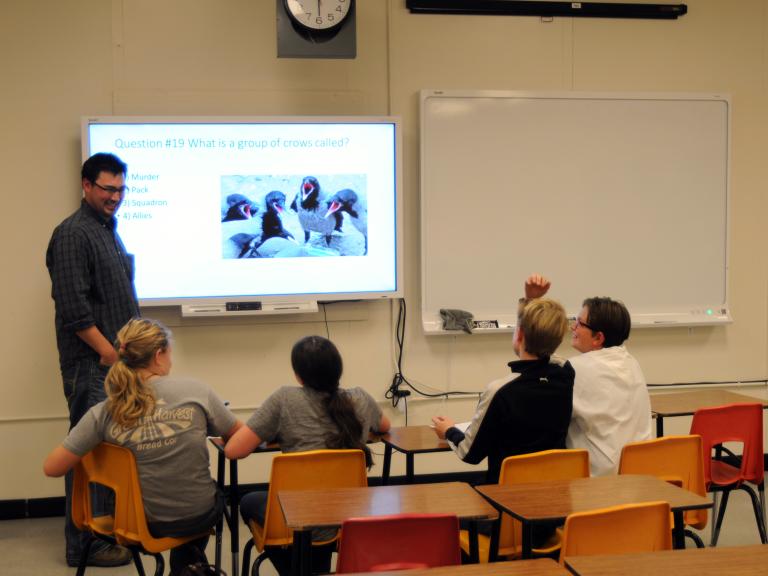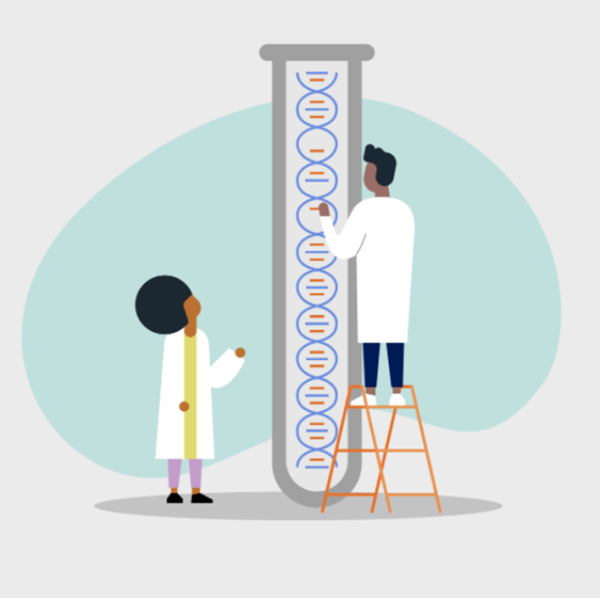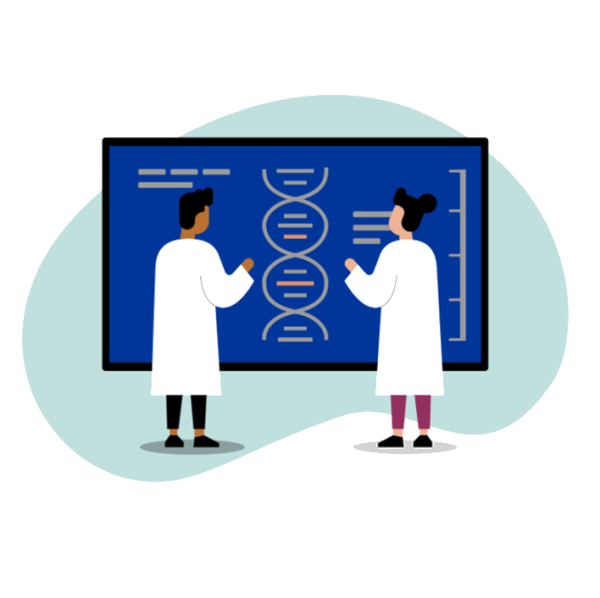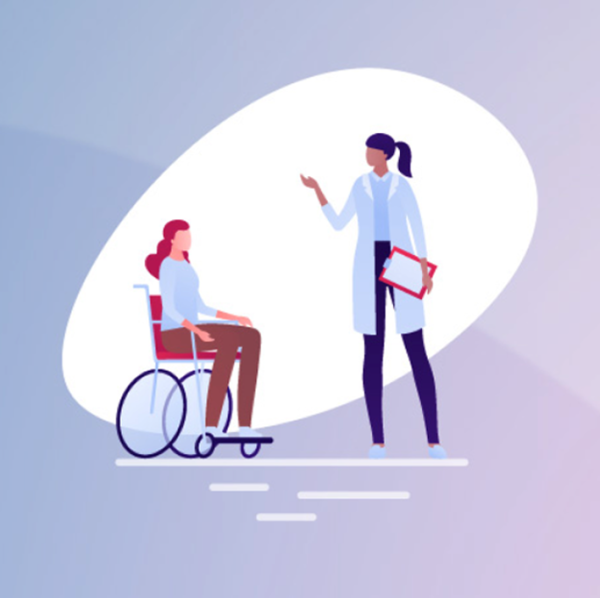Some 3,000 feet higher above sea level than the National Institutes of Health (NIH) familiar brick campus in Bethesda, Maryland, and a 5-hour, 2,300-mile plane ride northwest of that point, lies Rocky Mountain Laboratories (RML), an NIH state-of-the-art biomedical research facility in Hamilton, Montana, a small but thriving community nestled between the Bitterroot and Sapphire Mountains. Read more about RML.
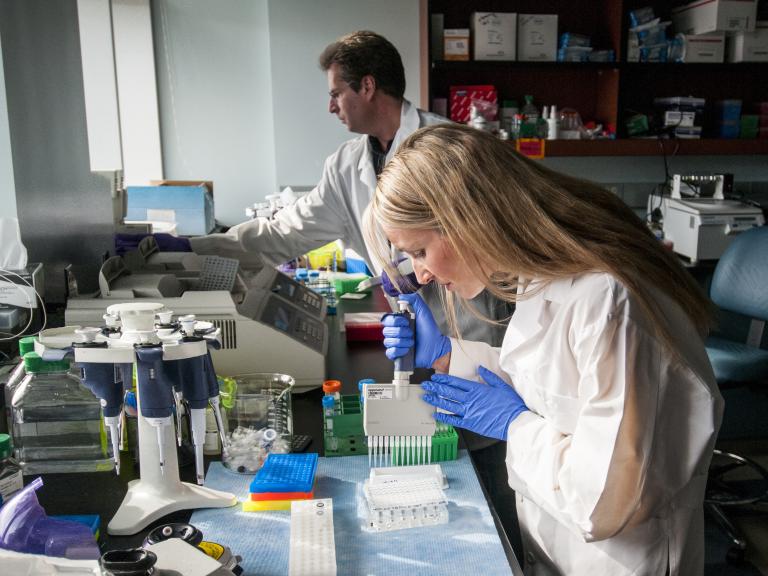
Research Laboratories
Each laboratory has a distinguished scientist as its laboratory chief, and a number of individual research groups that study specific infectious agents, like Q fever, chlamydia, Lyme disease, plague, tularemia, salmonella, prion diseases, and tickborne encephalitis viruses.
See a list of Intramural Scientists & Clinicians at RML.

Collaborative Research Technologies
Services include state-of-the-art technologies for use by NIAID researchers in Hamilton as well as Bethesda.
History of RML
Although the construction of the first building of The Rocky Mountain Labs was completed in 1928, RML evolved as a result of research on Rocky Mountain spotted fever that began around 1900, in the Bitterroot Valley of Western Montana. Early settlers of the valley were plagued with a deadly disease of unknown origin that seemed to be concentrated on the west side of the Bitterroot River. Read more about the history of RML.
RML Campus
Integrated Research Facility
To carry out research on these emerging and re-emerging pathogens in a safe environment, an Integrated Research Facility opened on the RML campus in 2008. The building, which contains high containment laboratories,employs the highest possible safety standards to protect scientists and the surrounding community. Building design complies with stringent federal and state regulations for construction, use, security, inspection, and certification.
Tobacco-Free Campus
RML is committed to achieving a tobacco-free workplace for all employees and visitors.
RML federal employees have access to the Federal Occupational Health Services (FOHS) Tobacco Use Cessation Program. This program provides free tobacco cessation treatment services to smokers and other tobacco users who wish to quit through local clinics run by FOHS. The program is available at no cost to employees if their current health insurance plan does not cover over-the-counter treatment options for tobacco addiction.
All RML staff, including contractors, have access to the following free resources:
- The National Network of Tobacco Cessation Quitlines (800-QUITNOW)
- Smokefree.gov
- Smoking cessation programs through the NIH Work/Life Center (301-435-1619)
- Montana Tobacco Quit Line (800-QUIT-NOW)
If you have questions, email rmltobaccofree@niaid.nih.gov, and check out Taking Our Own Best Advice: Working Toward a Smoke-Free NIH.
Library
The RML Library gives RML staff members access to all the information they need to accomplish their research. The RML Library is open to the public by appointment only.
Library Catalog
Search the NIH Libraries Shared Catalog to locate books and journals in our collection. Many of the electronic resources will not be accessible to non-NIH website visitors, but most can be obtained through interlibrary loan.
Visiting the Library
The RML Library is open to members of the public who need to use the library's resources for their research. Appointments are required; to make an appointment, contact the Library Director, Taylor Robinson.
Use of Library Materials
Visitors may use the books and journals housed in the library. Access to computer-based resources may be restricted.
Library Contact
Taylor Robinson, (406) 363-9211


